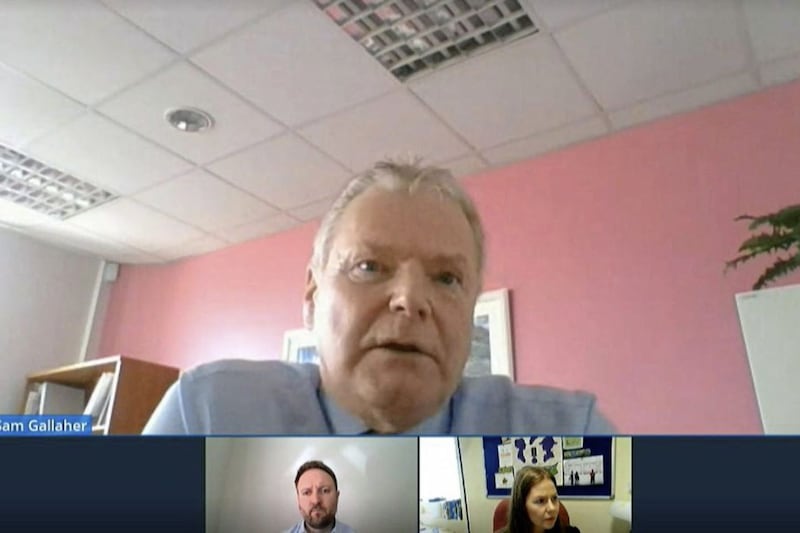URGENT legislation is needed to address a range issues within the `dysfunctional' professional body for teachers, a Stormont committee has said.
Members of the General Teaching Council NI (GTCNI) appeared before the assembly education committee this week - the second recent appearance.
The committee was told that eight council members had quit the body this week.
It was placed in `special measures' five years ago by the Department of Education.
However, the committee was told that serious governance and operational issues continued.
It is also facing several industrial tribunals and more than 100 whistleblowing complaints have been made.
Unions are critical of the council and have described it as a "flawed bureaucratic body".
A previous independent review highlighted "dysfunctional relationships" between senior GTCNI figures. It found also that "conflict, mistrust, personality clashes and negative perceptions" had arisen between members.
The GTCNI is responsible for the registration of teachers and upholding standards in the profession.
It is also supposed to have powers to strike off teachers in the event of serious misconduct, but is still not able to use these two decades after it was set up.
GTCNI chairman Brendan Morgan told the committee that he had concerns.
He said no professional "can guarantee the safeguarding of children by the mechanisms in place in GTCNI, because we cannot remove teachers from the register".
"Legislation needs to be put in place," he added.
Education committee chairman and Alliance Party MLA Chris Lyttle said he welcomed a recent announcement of another independent review into governance and operational issues at the GTCNI.
He said members remained unconvinced that this alone would "remedy the ongoing dysfunction within the organisation".
"The current regulatory framework within the GTCNI is severely deficient. If the organisation is to recover and rebuild then it must be provided with the power to impose an adequate range of sanctions to address teacher misconduct. This will require new primary legislation, and we are dismayed to learn that this could now be delayed until 2022/23," Mr Lyttle said.
"Until new and comprehensive legislation is drawn up and enacted, the organisation cannot adequately support teachers, and this is potentially putting our children and young people at serious risk.
"We are calling on the minister to prioritise and bring forward this necessary legislation. The safeguarding and protection of our children and young people is paramount and at the very core of this extremely serious issue."








